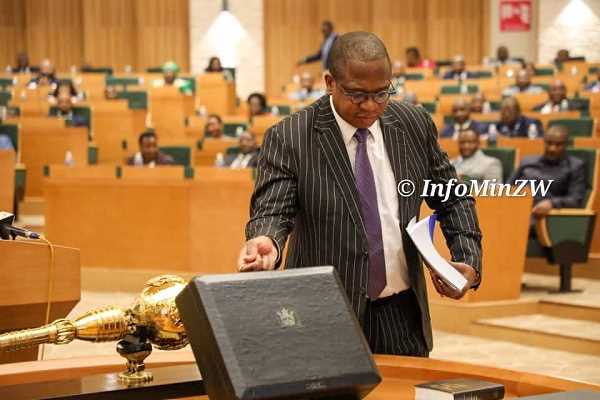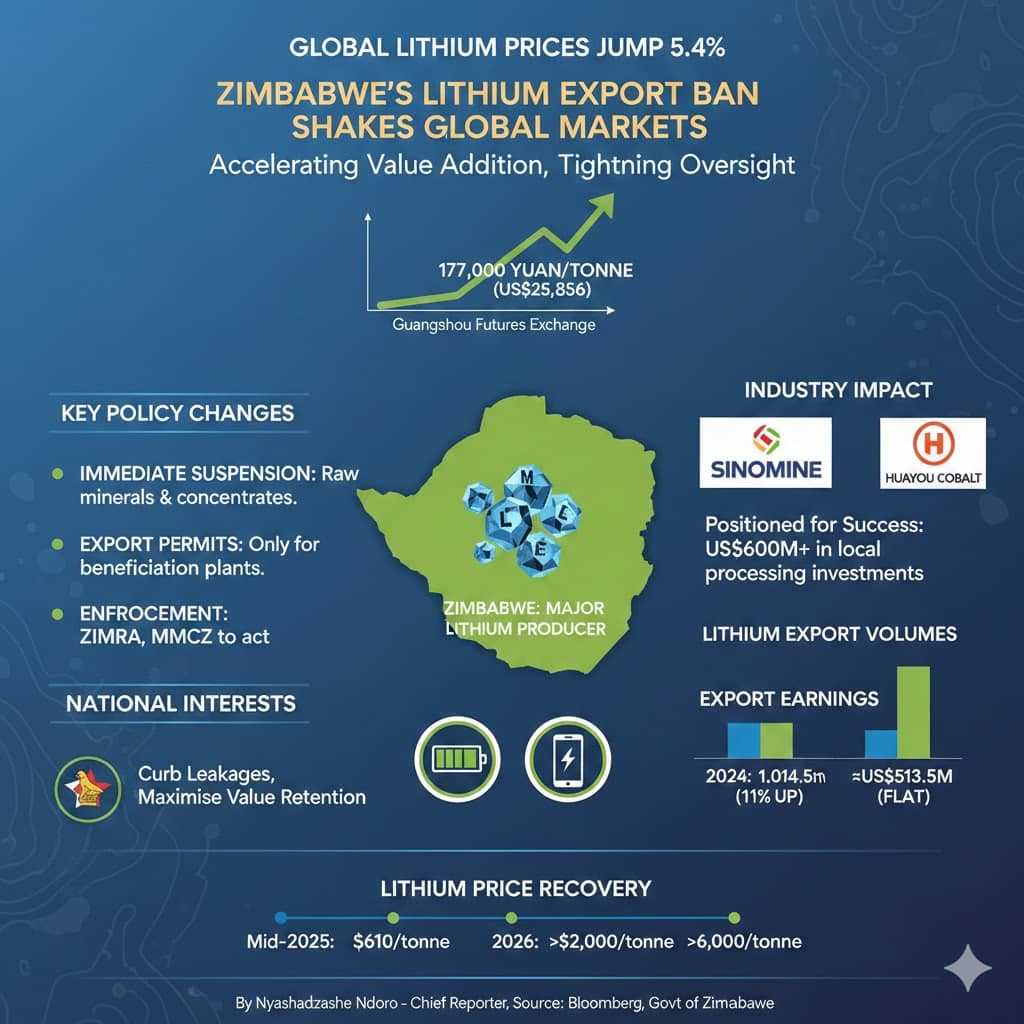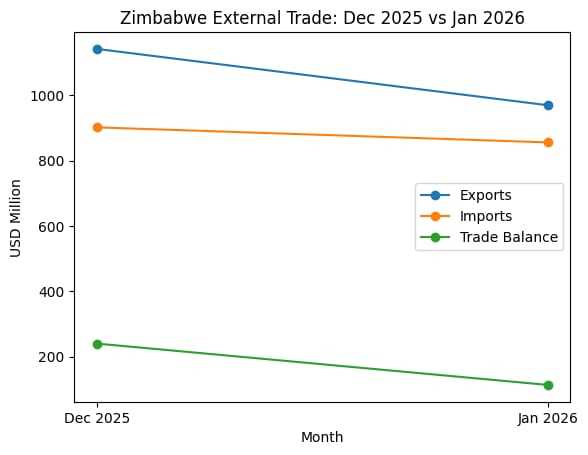
Zim Now Writer
Parliament is debating a motion to approve a US$37 million loan agreement between the government and the International Fund for Agricultural Development to support the Horticulture Enterprise Enhancement Project.
The project aims to boost agricultural production and productivity, particularly among smallholder farmers engaged in horticultural value chains.
The Minister of Finance, Economic Development and Investment Promotion, Professor Mthuli Ncube, presented the motion, highlighting the loan’s alignment with the country’s economic development blueprint, National Development Strategy 1.
“The government prioritises the recovery of the agricultural sector, which is a key enabler to the country’s economic growth,” he said.
NDS1 emphasises food and nutrition security, income generation, and the development of agro-business value chains.
The HEEP project directly addresses these goals by providing financial resources to smallholder farmers organized into Agricultural Producer Groups and those linked to anchor firms through the 4Ps model.
The project targets four provinces: Matebeleland South, Masvingo, Midlands, and Manicaland, for Village Horticulture Gardens. It will also support horticulture activities in well-functioning irrigation schemes across all ten provinces, with particular focus on Mashonaland provinces and Manicaland, known for their high agricultural potential.
Related Stories
HEEP offers a concessional loan with a zero-interest rate and a 40-year repayment period, including a 10-year grace period. This extended grace period is a significant advantage, allowing farmers to invest returns from their harvests back into their businesses before commencing loan repayments.
However, MPs expressed concerns about the long-term financial implications. Hon. M.C. Sibanda questioned the burden placed on future generations, arguing: “Nations are usually applauded for investing big for their future generations and to burden other generations with some loans might be a challenge.”
Zaka South (Zanu PF) legislator, Clemence Chiduwa, echoed similar concerns while acknowledging the project’s potential. “The loan conditions are critical, and we need to abide by the Constitution. We have limits on borrowing and should not mortgage future generations,” he cautioned. He emphasised the need for transparency and accountability in loan distribution and repayments.
Despite these concerns, several MPs voiced strong support for the project.
Energy Mutodi highlighted the project’s potential to address rural-urban migration, a pressing issue in Zimbabwe. “The loan is going to create economic activity in the rural areas, and I believe this will reduce the level of rural-urban migration,” he said.
Tanatsiwa Mukomberi emphasised the project’s alignment with Zimbabwe’s aspirations to reclaim its status as Africa's breadbasket.
“This will strengthen relations with neighbouring countries who depend on Zimbabwe for food supply,” he stated.
The loan agreement is expected to be a significant boost to Zimbabwe’s horticultural sector. With its focus on smallholder farmers, climate-smart practices, and value chain development, HEEP has the potential to create jobs, increase incomes, and enhance food security in rural communities across the country.



















Leave Comments